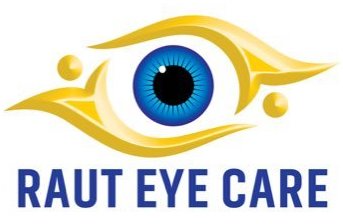| What is Abnormal pupil size |
| Do I need to get checked for Abnormal pupil size |
| Causes of Abnormal pupil size |
| Treatment |
| Reviewed By |
| Contact Form |
| Links for accessing this page |

Abnormal pupil size is when the pupil dilates (gets bigger) or constricts (gets smaller) more than is normal.Abnormal pupil size can be caused by many things, including glaucoma, injury, or certain types of medications.Abnormal pupil size can cause vision problems, such as double vision or blurred vision.Abnormal pupil size can also cause headaches, dizziness, and nausea.It is important to get abnormal pupil size treated because it can lead to permanent vision damage if it is not treated properly.Treatment for abnormal pupil size may include medications, eye drops, or surgery.




